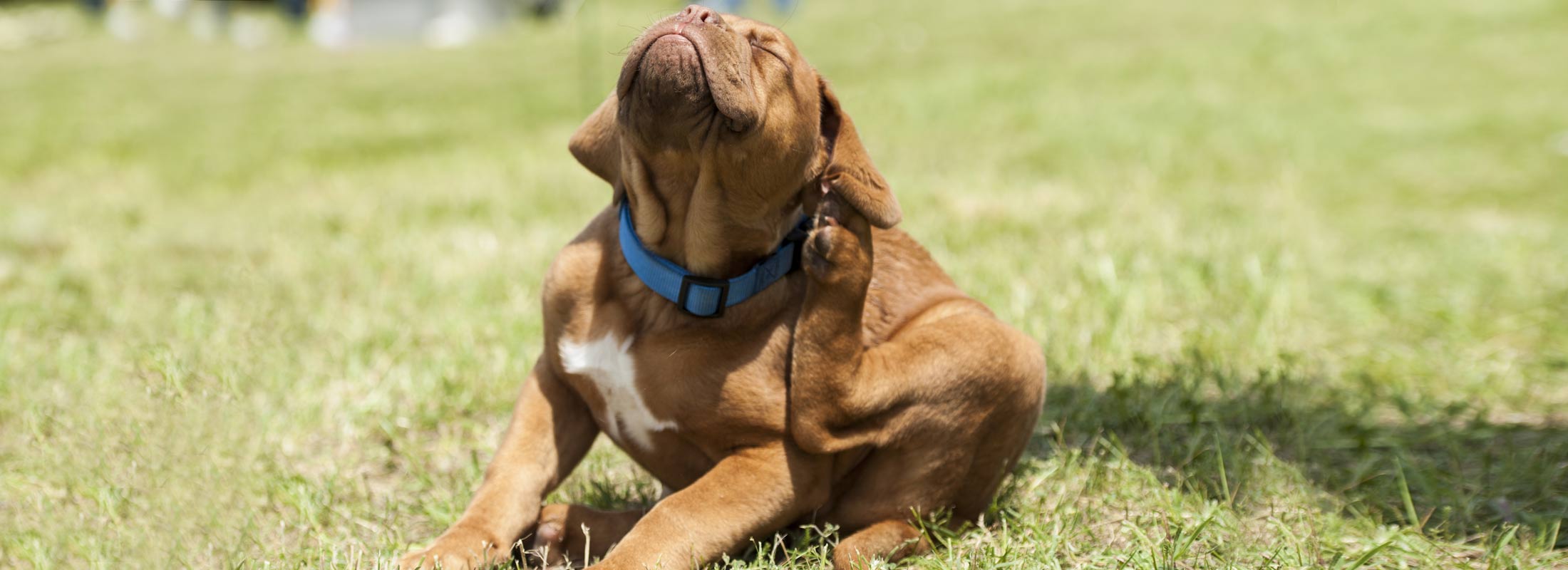
ASK DR. CHIP - JULY EDITION
Want to be featured in next month’s newsletter? Email our very own Dr. Chip at [email protected] and make sure you reference ‘Ask Dr. Chip’ in the subject line.
*Please note, that this is page is not intended to address pet emergencies, but rather general pet questions. If your pet is currently experiencing symptoms of an illness or has had an accident, please visit your regular veterinary practice if open, or your nearest veterinary emergency clinic for assistance.
About Dr. Chip
Dr. Chip Coombs is Pets Plus Us’ Chief Veterinary Officer (CVO), and has practiced veterinary medicine since 1976, initially in the United Kingdom, then in Western Canada and, finally, in Toronto, where he owned a multi-veterinarian practice for 33 years.
Question:
Hi Dr Chip,
I have a three year old pure bred GSD. We’ve been having ongoing issues with him nibbling on his feet and scratching. When we look at his skin it appears clear with no redness, swelling, lice, or dryness. We’ve put him on a kangaroo diet with no other foods for the past 8 weeks with minimal improvement. The vet put him on antibiotics to rule out an underlying skin infection but it’s made no improvements. We’ve also bathed him twice a week for a few weeks with head and shoulders- again, no improvements. Any recommendations?
Much appreciated,
Sean
Answer:
Hi Sean,
The clinical signs of generalized scratching and chewing/niggling on the feet and legs would be very suggestive of allergies. Food allergies (ie. a specific protein in his diet) could be the trigger factor, but your "food trial" of a kangaroo diet for 8 weeks producing no success would mean this is less likely. However, two thoughts about food trials to bear in mind. The trial has to be conducted for a minimum of 12 weeks and, secondly, your dog cannot eat anything else - nothing, nada, rien. That means no treats, no table food; just air and water. This is VERY difficult to achieve, but if, after 12 weeks of the kangaroo diet only, you feel there is no improvement, then food allergies are not likely the cause.
That leaves us with contact, environmental allergens - eg. grass, pollens, carpet fibres, house dust, etc. - to consider. The likelihood of removing these potential triggers from his environment is not realistic and so it become a matter of controlling the clinical signs. There are numerous drug protocols available that your veterinarian can discuss with you - omega fatty acids and certain antihistamines (hydroxyzine) are inexpensive with no side effects and can be successful. If they don't help significantly, then there are other alternatives, but the cost and potential side effects need to be pointed out to you by your veterinarian.
I'll assume that your veterinarian has done a thorough physical exam with skin scrapings and other techniques to rule out skin parasites.
Shampoos and conditioners can also be helpful, but shampooing your dog too often, not using a conditioner and using human shampoos should all be avoided. Your veterinarian undoubtedly has a medical shampoo and conditioner that is designed for dogs' skin (very different from human skin), but even the medical shampoos need to be used sparingly or they can dry out the coat and skin.
I would suggest you start off by discussing high levels of a quality fatty acid supplement for your dog with your vet and the addition of an antihistamine. Regardless of the outcome, I would maintain the fatty acids long term, for the very least they will do (there is lots of research to substantiate their anti-inflammatory effects on the canine skin) to reduce the dosage of other drugs or immuno-suppressant drugs that might be needed down the road. Unfortunately, allergies in dogs are common and often it is a trial and error approach trying to find the correct solution for each dog.
Good luck.
Cheers,
Dr. Chip
